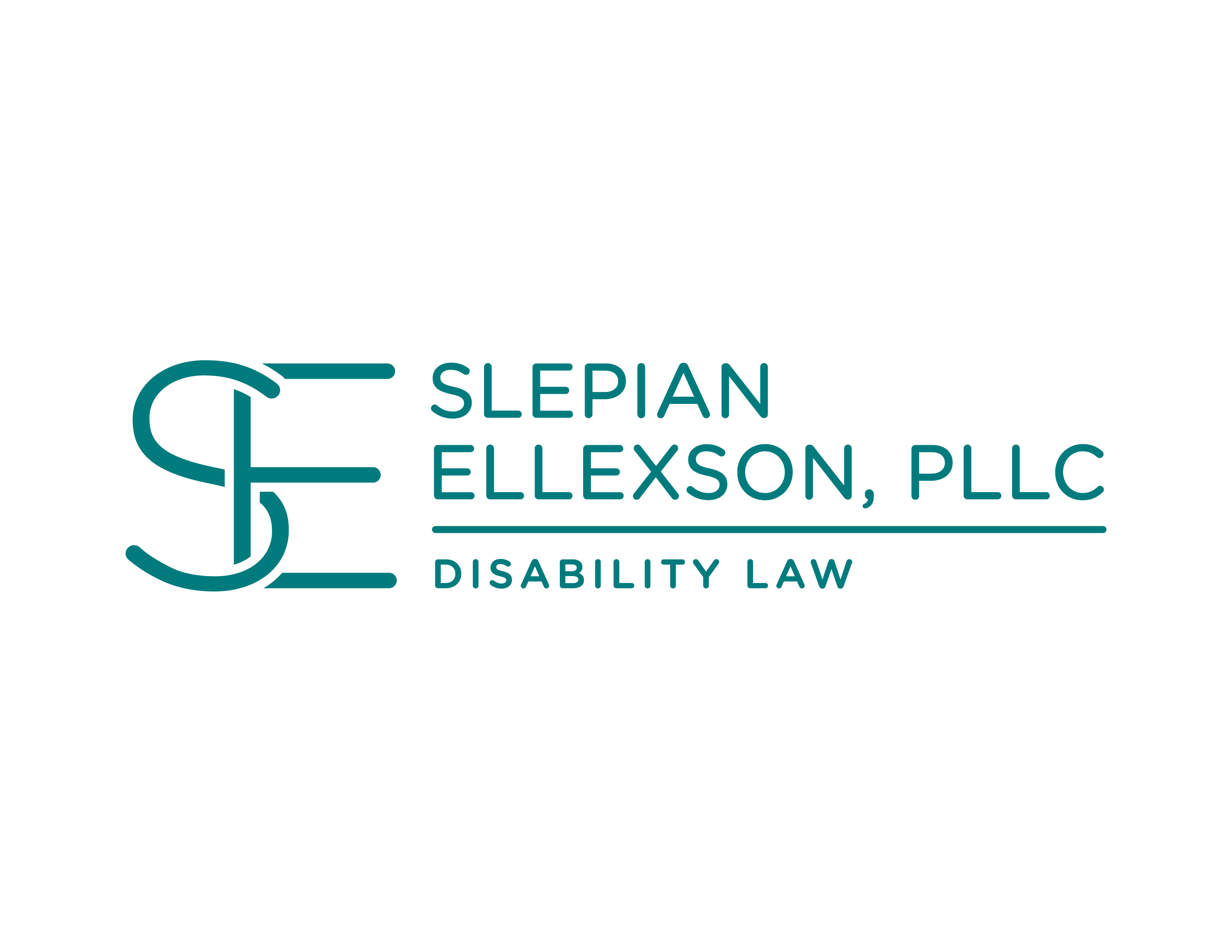Three kinds of doctors and their roles in SSDI and SSI claims
Published on February 12th, 2020 by Eric Slepian
In claims for Social Security Disability Insurance and Supplemental Security Income, called SSDI and SSI, benefit eligibility requires that applicants have severe physical or mental medical impairments that prevent them from meaningful work. It is crucially important to have the professional opinions of physicians as evidence of disability.
In SSDI and SSI cases, this kind of evidence is called “medical source opinion evidence.” Whether the Social Security Administration (SSA) evaluated medical source opinion evidence from doctors under the correct legal standards can become an issue of contention in a disability claim that may determine the outcome.
In Arizona, the legal standards applied to claims come from federal law and regulations as interpreted by the U.S. District Court for the District of Arizona, the U.S. Court of Appeals for the 9th Circuit and the U.S. Supreme Court.
Physician classifications
As explained in the 2019 case of Sorber v. Commissioner of Social Security Administration from the U.S. District Court in Arizona, the weight of medical opinion evidence depends largely on the role of the doctor in the case – whether they were a treating physician, an examining physician or a nonexamining physician. Respectively, these kinds of doctors treat the claimant, examine the claimant but not treat them, or do neither.
Treating and examining doctors
A claimant’s treating physician is usually the most familiar with the claimant’s medical conditions, so his or her important professional opinion is generally given more weight. This medical professional often has had an ongoing doctor-patient relationship with the claimant involving medical testing, observation and treatment.
The SSA will give “controlling weight” to a treating doctor’s opinions about a claimant’s impairments so long as they are supported by medically acceptable diagnostic techniques and not in conflict with other substantial evidence.
Sometimes the agency sends a claimant to a nontreating doctor for a medical examination. This might be to develop the medical record if an impairment has not been adequately assessed or to update an out-of-date medical record. Normally, an examining doctor will perform a one-time examination that may include medical testing to evaluate a particular condition. While an appointment like this is meant for information gathering, rather than treatment, there is still an in-person evaluation of the medical condition.
The Sorber opinion explained that when an administrative law judge, called an ALJ (an SSA employee who holds a hearing on a claim), rejects a treating or examining physician’s “uncontradicted opinion,” the ALJ must “provide clear and convincing reasons supporting by substantial evidence” for doing so.
To reject a treating or examining doctor’s opinion that has some contradiction in other evidence or opinion, the ALJ needs “specific and legitimate reasons that are supported by substantial evidence.”
Medical doctors who have not examined claimants
The SSA contracts with doctors who never examine or treat claimants but who review the medical evidence in claimants’ files and render their professional opinions about the impact of diagnoses and symptoms on disability and work limitations. They may share their professional opinions in written reports or in testimony at ALJ hearings.
Because they do not examine or treat claimants, these doctors’ opinions are given less weight than those of treating or examining doctors. However, according to the Sorber case, the medical opinion of a nonexamining physician can “constitute substantial evidence if … consistent with other independent evidence in the record.”
The Sorber case is available on Westlaw at 362 F.Supp.3d 712.



